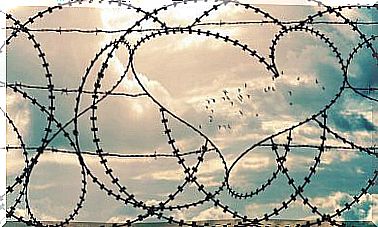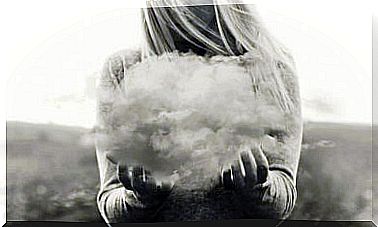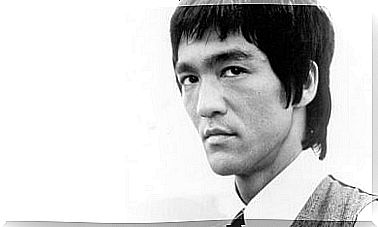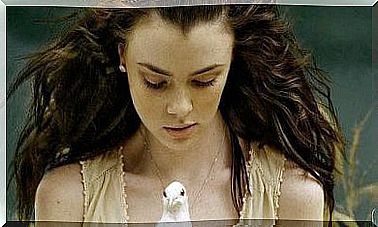I Don’t Regret Anything, But Now I Know What I Wouldn’t Do Again

We are all fallible, delicately imperfect, but unique in our essence and our personal stories. Therefore, it is very good and necessary to accept each mistake made without falling into perpetual regret, but realize what we should not do, which path we would not tread again and which people should stay far away from us.
Woody Allen once said in one of his movies: “I don’t regret anything I’ve done in my life, but actually, I would like to be someone else.” This ironic phrase very well sums up a concrete fact: the mistakes we make throughout life hurt us and compromise our dignity so deeply that we often wish we had an imaginary “reset” key.
However, people are not machines, and indeed that is where our greatness lies. In this magic written in our DNA, which allows us to learn from mistakes to improve as a species and survive in this complex world. Living is moving forward, but also changing and learning with each wrong choice or with each bad deed done; it’s like taking a break in the middle of learning to be better each day.
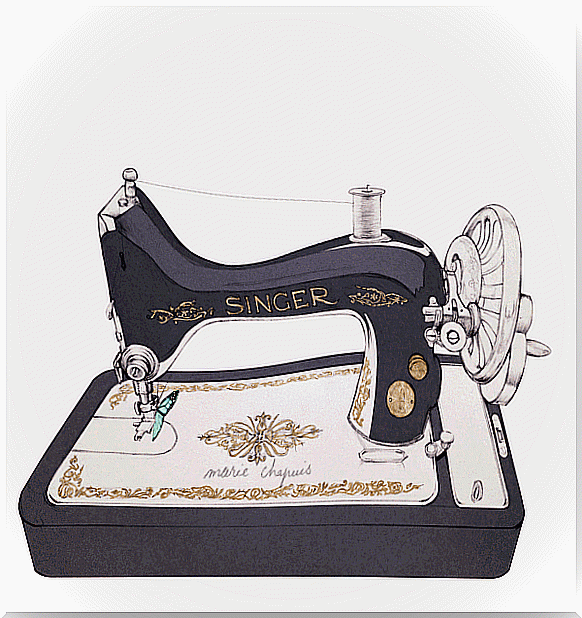
The actions we regret, but which form our vital baggage
Guilt and regret take many forms, cast great shadows and weave very thick cobwebs in our minds, which hinder us for a certain time. Hard facts like a relationship with the wrong person, a reckless decision at work, an accidental oversight, a broken promise, a bad word or deed, mean seeing ourselves in a mirror, unfiltered, unanesthetized, and with an open wound. That is, when we are aware of the cracks in our supposed maturity, we need to pick up the pieces of our dignity and correct what is wrong.
On the other hand, an interesting study published by the journal “Psicologia Cognitiva” reports a fact that invites us to deep reflection. Younger people often complain about the many mistakes they have made throughout their lives. Sometimes it only takes a simple conversation with someone between 20 and 45 for them to tell us, one by one, each bad choice, each person who regrets having let into her life, or each wrong decision she has made. An assessment and self-analysis that can be healthy and cathartic: it helps us to make better decisions, to guide our personal compass more precisely.
However, the real problem appears with the elderly population. When they reach 70 years of age, a person begins to complain about the things he didn’t do, the lost opportunities, the decisions he didn’t make for lack of courage. Thus, one thing to keep in mind is that the worst regret is an unlived life. Understand that many of our supposed mistakes, those whose consequences were not fatal or extremely adverse, are our “experiential baggage”, our life legacy, the cracks through which the light of wisdom penetrates.
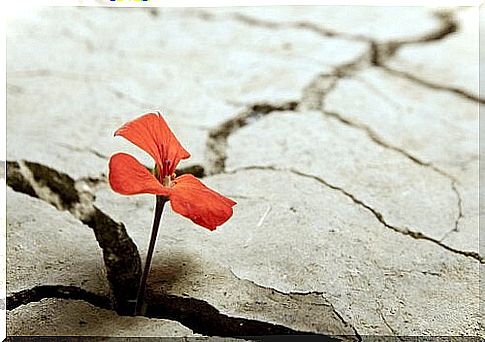
Mistakes always knock on our door in one way or another
An error implies, above all, the acceptance of responsibility. It’s something most of us already know, no doubt about it; however, not all people are capable of taking this important and dignified step. If we accept responsibility for our mistakes, what is called in psychology “primary repair” will happen, that is, we will be able to end a stormy relationship, finish a failed project, or even ask forgiveness for damages caused to others.
We will now talk about something much more delicate, more intimate and complex. The “secondary repair” concerns ourselves; we must sew with precision each piece of our self-esteem, each torn fiber of our self-concept, where the grudges are lodged, the weight of disappointments, so that we don’t end up closing the door of our heart and the window of new opportunities.

An article published in the magazine “ Personality and Social Psychology ” recalls a fact that many of us have gone through. Sometimes we punish ourselves with the following sentence: “But … how could I be so naive, at this age and still making these mistakes?”
The belief that age and experience make us immune to mistakes is a myth. Let go of these ideas and assume one concrete and important fact: to be alive is to accept change and challenges, allow us to meet new people and do different things every day. Making mistakes, in some situations, is part of our learning process; it’s one more piece in our growth. Don’t refuse to experiment lest you be anchored in the island of regret and fear. Thinking that “it’s better to stay as I am” is to limit yourself to breathing and existing, but not living.
Images courtesy of Miss Led.



